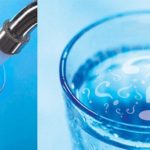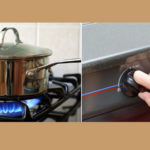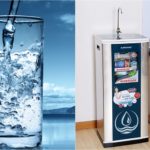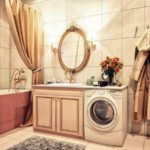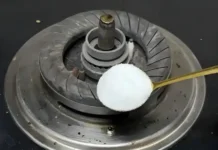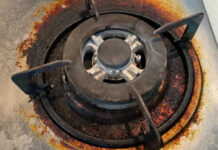Many people buy water purifiers to be able to drink water without boiling it, but there are also many families that still boil water before drinking, whether the water has been filtered or not. Do we really need to boil water that has been filtered? Does drinking water without boiling ensure health?
Do we really need to boil water that has been filtered?
In response to VnExpress, Dr. Vu Thi Tan (lecturer at Hanoi University of Technology) said that RO water purifiers use reverse osmosis membrane technology with a pore size of only 0.1-0.5 nanometers. With this pore size, only pure water can pass through. The filter membrane will remove all bacteria, impurities, pollutants, heavy metals…
Therefore, the water after filtration is completely clean, free from bacteria, so it can be directly consumed without boiling. To ensure water quality, RO purifiers often install mineral supplement cartridges. Some high-end RO purifiers also have UV light filters to kill bacteria and infrared filters to naturally enhance the taste of water.
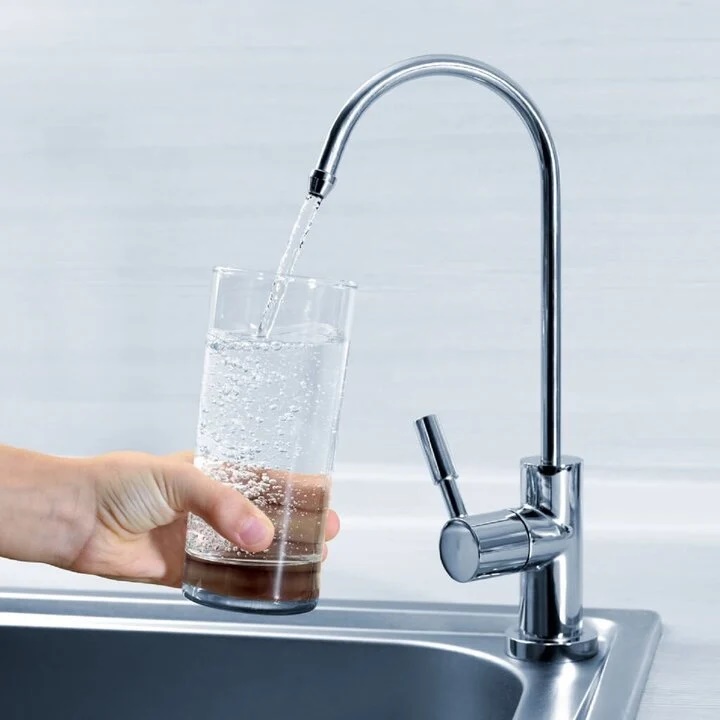
Whether we really need to boil water that has been filtered is a question many people ask. (Photo: Nguyennham)
However, in reality, many people still cautiously boil RO filtered water to kill bacteria. This has generated mixed opinions.
The opposing opinion argues that boiling filtered water will cause water to accumulate deposits because the water has been supplemented with minerals, making it easier for the consumer to develop kidney stones. However, experts say that the amount of minerals in water after mineral supplementation is only enough to meet the body’s needs and not excessive like hard water, so there is no worry about accumulating deposits after boiling.
Supporting opinions argue that even though water passing through RO filters is free from bacteria, there may still be bacteria present in the water storage tank, so boiling water that has been filtered is necessary to ensure safety.
According to Dr. Tan, whether you drink directly or boil the water is a matter of personal preference. Boiled water should be consumed within 24-36 hours, as prolonged storage can lead to bacterial contamination from the air.
Things to note when using water purifiers
To ensure a safe water source, experts suggest paying special attention to cleanliness, replacing the filter membrane according to the manufacturer’s recommended time, usually about 3-6 months depending on the product line.
The reason is that water purifiers operate based on the mechanism of receiving water from the outside, then cleaning it through integrated filters inside. These filters will retain dirt, moss, heavy metals, and small-sized bacteria invisible to the naked eye.
Water treated with purifiers is significantly influenced by the filters – which will become dirty after a period of use, causing the purifier to function less effectively.
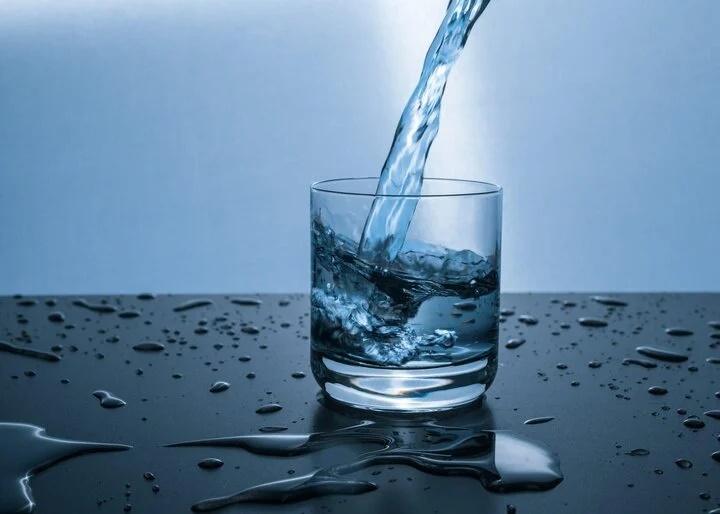
Regularly replacing the filter cartridge to ensure water quality. (Photo: Hanstrom)
Should you buy a water purifier or bottled water?
Both water purifiers and bottled water have their own advantages and disadvantages. You should choose the most suitable product based on your needs and circumstances.
Choose bottled water when you have limited water consumption needs, and need to carry it with you when going out, traveling, or working… In these cases, using bottled water will be more convenient and economical. However, you should choose reputable products to ensure quality and safety for health.
According to VTC news

























